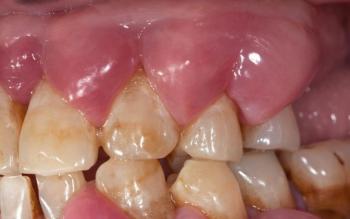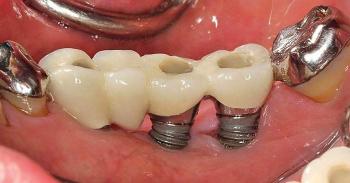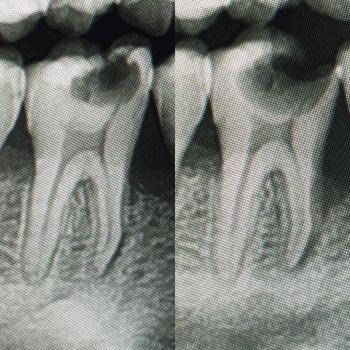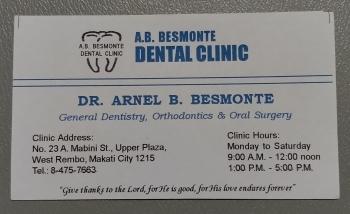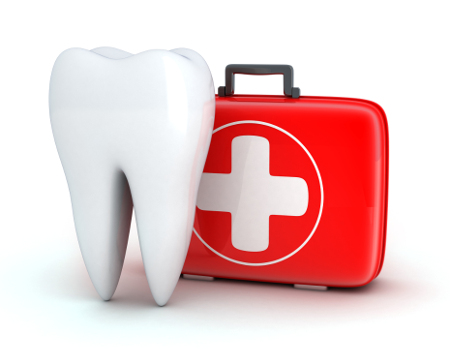Where Bright Smiles Begin.
Ngiting Healthy, Buhay Healthy: How Your Teeth Could Save You From Stroke
Language :
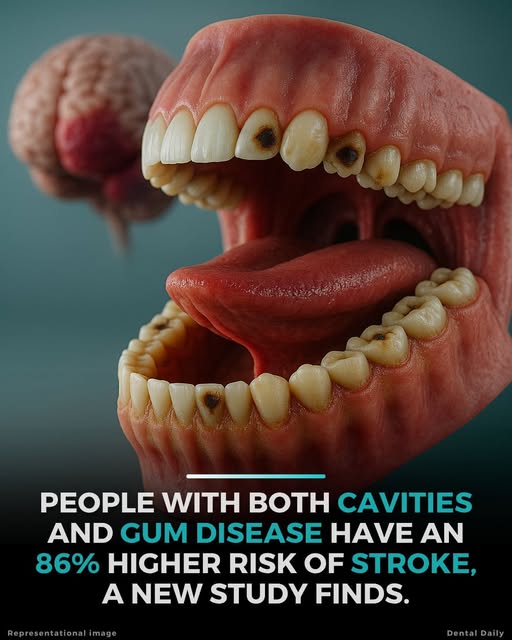
Topics:
Here in the Philippines, we value a bright smile—it’s a sign of warmth, friendliness, and pakitang-tao. But what if the health of your teeth and gums is doing more than just influencing your appearance? What if it's silently shaping your risk for one of the country's most feared illnesses: stroke?
Alarming new research reveals a connection so strong it cannot be ignored. Taking care of your oral health isn't just about a confident smile; it could be a critical step in protecting your brain and your life.
The Groundbreaking Study: A Direct Link to Stroke
A significant 2025 study published in Neurology Open Access, the official journal of the American Academy of Neurology, has sent shockwaves through the medical community. The findings are clear:
-
An 86% Higher Risk: The study found that people suffering from both dental cavities (untreated decay) and gum disease (periodontitis) had an 86% higher risk of having an ischemic stroke compared to those with healthy mouths.
-
A 20-Year Analysis: Researchers analyzed data from nearly 6,000 adults over two decades, providing powerful, long-term evidence.
-
The Root Cause: The problem isn't just in the mouth. Untreated decay and gum inflammation create a state of chronic inflammation throughout the body. The bacteria and inflammatory toxins from these oral issues can enter the bloodstream, damaging blood vessels, triggering inflammation, and increasing the likelihood of clot formation that can lead to a stroke.
In short, an unhealthy mouth places a constant, hidden burden on your entire cardiovascular system.
The Filipino Reality: Beyond "Bagong Pa-Empty"
Let's be honest. For many Filipinos between 25 and 50, dental care often falls down the priority list. This age group is in the prime of their lives—building careers, raising families, and juggling finances. A dental check-up is often seen as a non-essential expense, something to be addressed only when pain becomes unbearable, often leading to a "bagong pa-empty" (tooth extraction) rather than preventive care.
Why is this demographic particularly at risk?
-
The Diet Shift: Busy lifestyles lead to increased consumption of sugary snacks, fast food, and carbonated drinks—all of which fuel cavity-causing bacteria.
-
Stress and Neglect: High stress levels can weaken the immune system and lead to neglect of oral hygiene routines. Gum disease is often painless in its early stages, so it's easy to ignore.
-
Financial Prioritization: When choosing between a dental cleaning and a child's school needs, family inevitably comes first. Preventive care is postponed until it becomes a costly emergency.
This "silent neglect" among the working population is precisely what makes this new research so critical for the Philippines.
An Innovative Solution: Redefining "Health" in the Filipino Context
The solution requires a shift in mindset. We must innovate how we view oral health, moving it from a cosmetic concern to a pillar of overall wellness.
Oral health is not a luxury; it is a non-negotiable part of healthcare.
The same study offers a powerful, proactive solution: Regular dental check-ups and professional cleanings were shown to reduce the likelihood of having both cavities and gum disease by a staggering 81%.
This isn't just about avoiding a toothache. This is a proven, accessible strategy to significantly lower your chronic inflammation and, by extension, your risk of a devastating stroke.
Your Action Plan: Protecting Your Smile and Your Future
The path forward is clear and achievable:
-
Reframe Your Thinking: See your bi-annual dental check-up as essential as your annual physical. You are not just getting your teeth cleaned; you are investing in your long-term brain and heart health.
-
Leverage Local Access: Dental clinics are widely available in cities and municipalities across the Philippines. A professional cleaning is one of the most cost-effective health investments you can make.
-
Make it a Family Affair: Break the cycle of dental fear and neglect. Instill the habit of regular check-ups in your children, making it a normal part of your family's health routine.
-
Advocate for Your Health: Talk to your dentist about this study. Be proactive. Ask about the health of your gums, not just your cavities.
A Final, Life-Saving Thought
Your smile is one of your greatest assets. But beneath that smile lies a window to your overall health. The choices you make for your teeth and gums today—whether to ignore a problem or to seek care—echo far beyond your mouth. They resonate in the very blood vessels that feed your brain and heart.
Don't let a preventable oral infection write the story of your future health. Schedule that check-up you've been putting off. It’s more than just a cleaning; it could be the decision that saves you from a stroke.
Take control. Protect your smile, and in doing so, protect your life.


